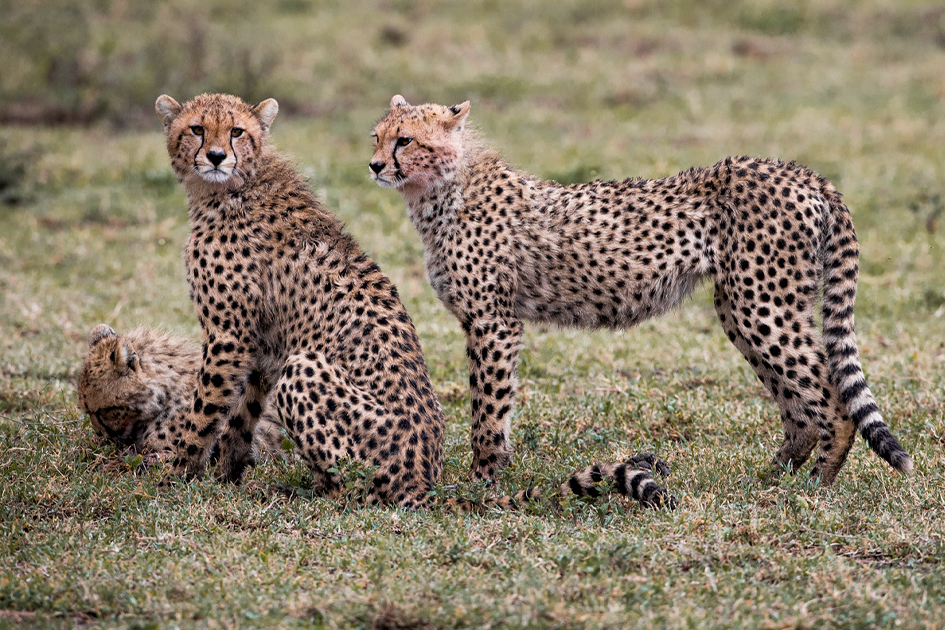
I’ve taken thousands of photos of my daughter since her birth. And the cheetah on the left is giving the same look she does, just 7 months old, when she catches me taking her picture. Every time that her expression brings me back to reality—and to her perspective of the backside of my phone—I feel busted and a little guilty.
On my best days, I take photos because I so adore this perfect tiny person that God gave me. On my worst days, I’m sad she’s always growing and changing, and it’s my attempt to feverishly preserve every detail of her forever. I never want to forget the way she takes a deep, squealy breath when she’s excited, or how she’s fascinated by anything fuzzy.
But even if I could somehow keep all her little details for eternity—package up her grins and coos in some timeless capsule—wouldn’t they cease to be beautiful? If I could experience her giggles endlessly, would they be as precious? Maybe. But on this side of heaven, that kind of abundance usually strips beauty away rather than expand it. Perhaps it is the fleeting nature of our earthly existence that bestows magnificence on our days, that makes moments sweet and people captivating.
Perhaps it is the fleeting nature of our earthly existence that bestows magnificence on our days.
With this generous view of brevity, I can earnestly pray with David, “Let me know how transient I am. Behold, You have made my days like hand widths, and my lifetime as nothing in Your sight; certainly all mankind standing is a mere breath” (Ps. 39:4-5). I can give thanks to God, who allows beauty to rise from such a paradox.
Solomon, whose wisdom surpassed all others’, wrote, “Just as you do not know the path of the wind, and how bones are formed in the womb of the pregnant woman, so you do not know the activity of God who makes everything” (Eccl. 11:5). We do not know how long the precious delights in our life will last, but we do know that’s precisely what makes us rejoice in them—and for that we can be thankful.





